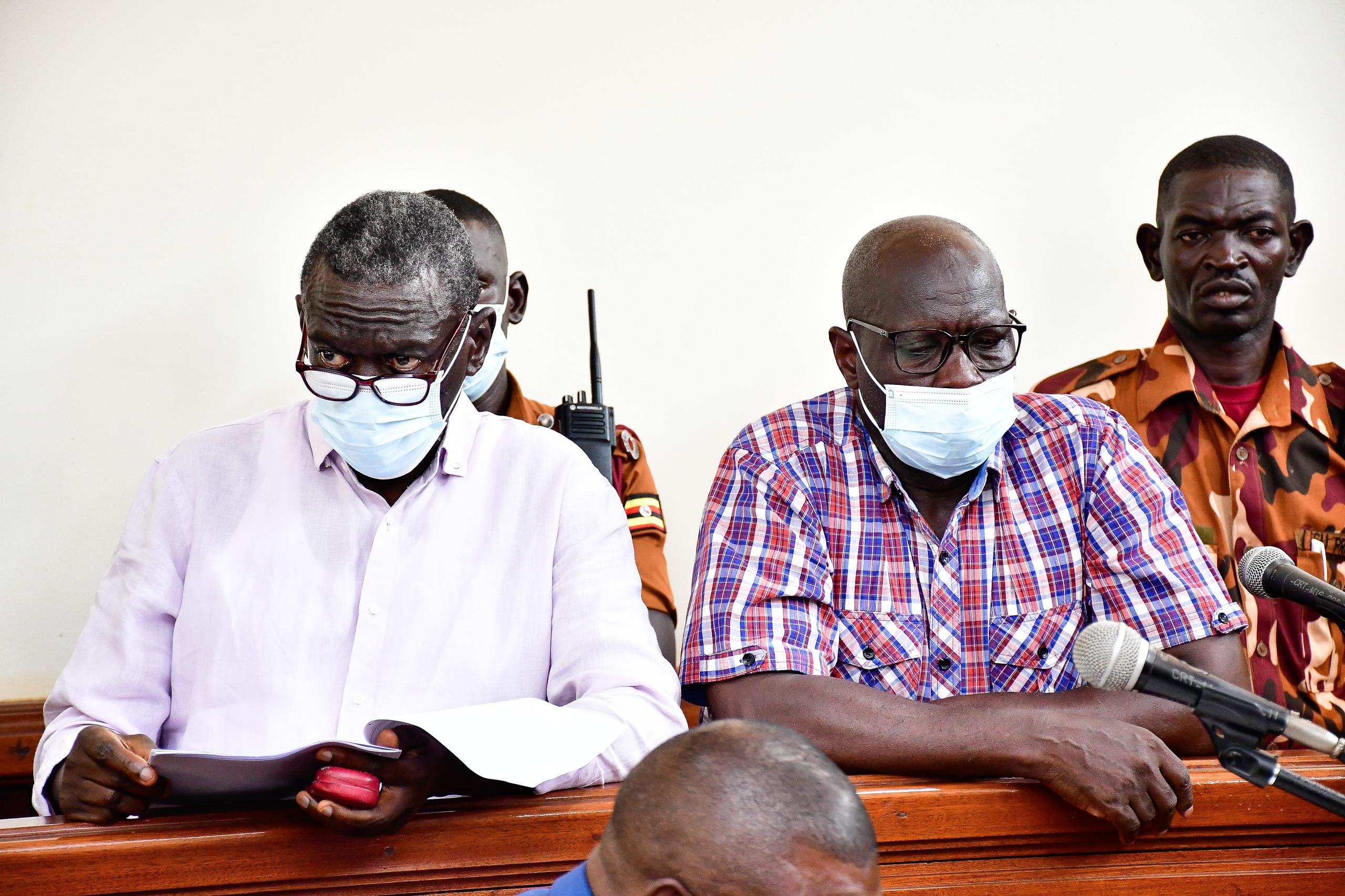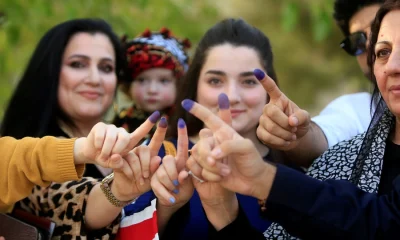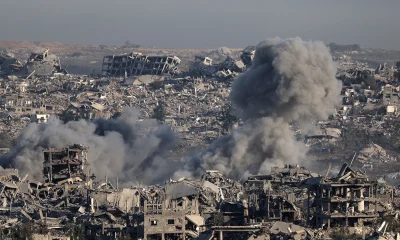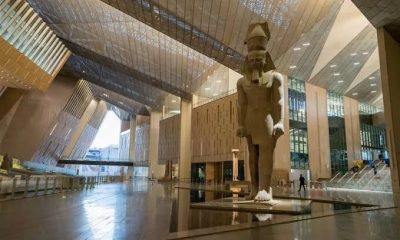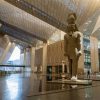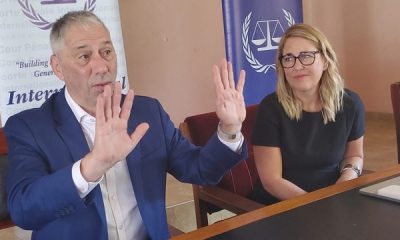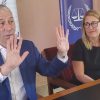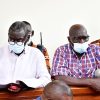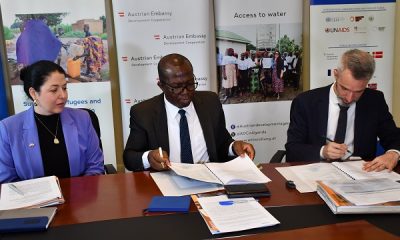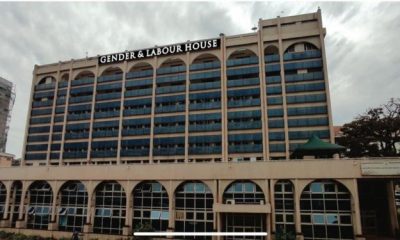Law
High Court to Rule on Dr. Besigye’s Bail Application Friday Amid Allegations of Unlawful Detention and Political Persecution
The High Court in Kampala has set Friday, August 9, 2025, to deliver its ruling on a highly anticipated bail application filed by opposition leader Dr. Kizza Besigye and co-accused Obeid Lutale, who are seeking release on mandatory bail after spending 267 days in detention without trial.
The ruling date was set by Justice Emmanuel Baguma of the Criminal Division following a day-long legal submission from both the defence and the state. The two accused were arrested in Nairobi on November 16, 2024, and have since remained in detention, facing treason charges that carry the death penalty.
Defence lawyer Fredrick Mpanga argued that the pair are constitutionally entitled to mandatory bail under Article 23(6)(c) of the Constitution, having spent over 180 days in custody without being committed to the High Court for trial. Mpanga maintained that the remand period should be counted from their initial military court detention on November 20, 2024, rather than from their civilian court arraignment in February 2025, as claimed by the state.
“This is a matter of constitutional obligation, not discretion,” Mpanga told the court. “Once the 180-day threshold is crossed, continued detention becomes illegal, and the only issue is whether the applicants are likely to abscond—which they are not.”
The defence also dismissed the argument that the charges before the General Court Martial and Nakawa Chief Magistrate’s Court are separate, pointing out that both are capital offences based on the same facts and carry similar penalties. Mpanga warned the court against allowing the state to reset the constitutional clock by shifting venues of prosecution.
The State, represented by prosecutors Richard Birivumbuka and Thomas Jatiko, opposed the bail request, portraying the applicants as flight risks and habitual violators of court orders. The prosecution cited an affidavit from Detective SSP Ronald Were, alleging that Dr. Besigye has a pending incitement case, absconded from court in 2017, and has previously undermined judicial officers in the media.
But the defence dismissed these accusations as speculative and unsupported by evidence. Mpanga insisted that no past court has ever found Besigye in contempt or penalised his sureties. He added that the burden to deny bail lies with the state—and that it had failed to meet it.
Lawyer Erias Lukwago urged the court to remain faithful to the Constitution, arguing that committal after 180 days does not nullify the right to mandatory bail. “This is a test of judicial independence,” Lukwago said. “The lower courts may have failed, but this court must rise to the occasion.”
Human rights advocate Eron Kiiza added that the applicants’ initial arrest amounted to abduction, noting they were detained incommunicado at a military barracks for four days after being arrested in Nairobi during a book launch. He described their ordeal as psychological torture and argued that the process violated both domestic and international human rights standards.
“The court must not reward the state for illegal conduct,” Kiiza said. “Mandatory bail exists to protect citizens against detention without trial, especially when politically motivated. This is not just a legal issue—it is a matter of principle.”
The defence also presented a strong line-up of sureties, including MPs Ibrahim Ssemujju Nganda, Harold Tonny Muhindo, Nicholas Kamara, and former MP Wafula Oguttu. Lutale was backed by his wife, two daughters, and his brother, a practising lawyer.
In an alternative argument, Mpanga requested the court to grant discretionary bail on the grounds of advanced age and the applicants’ long-standing cooperation with the judicial system. He argued that even if the court were to accept February 21, 2025, as the start of the remand period, the accused would still qualify for release based on exceptional circumstances.
The state contends that Besigye and Lutale, along with co-accused UPDF officer Captain Denis Oola, conspired in multiple cities—including Geneva, Athens, Nairobi, and Kampala—to solicit arms and financial support to overthrow the government. They are jointly charged with treason and misprison of treason, and their investigations remain ongoing.
No trial date has yet been fixed, and uncertainty persists over whether the accused are to be tried before the Criminal Division or the International Crimes Division of the High Court.
As public attention builds, Friday’s ruling is expected to be a litmus test for judicial independence in politically sensitive cases, especially those involving prolonged pretrial detention. The decision could set a precedent for how Uganda’s courts interpret constitutional safeguards around mandatory bail—particularly in cases where political undertones loom large.
Comments



